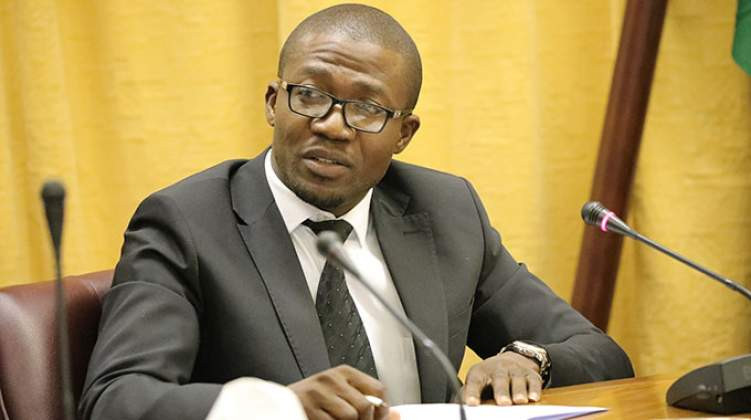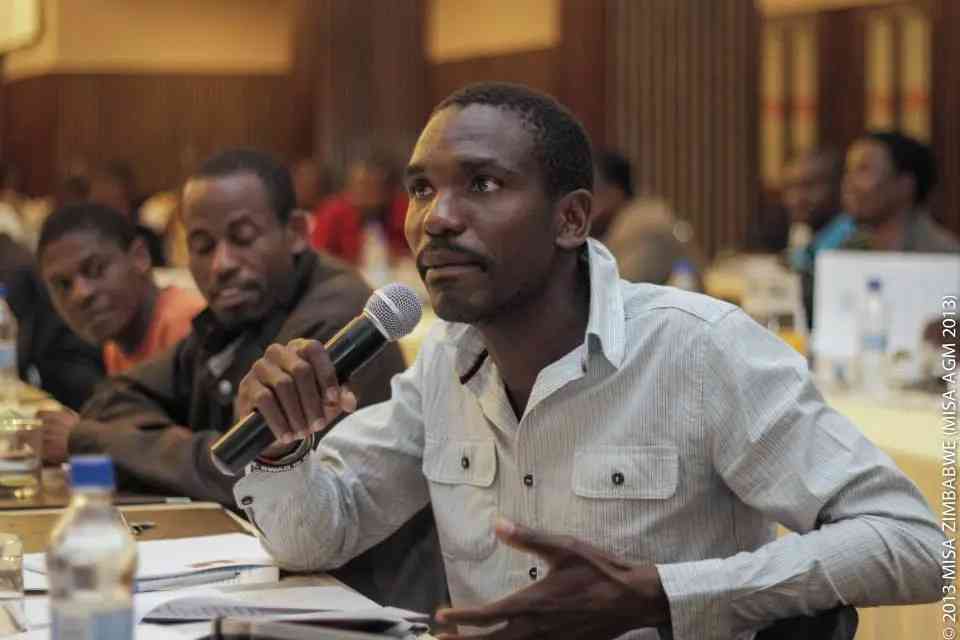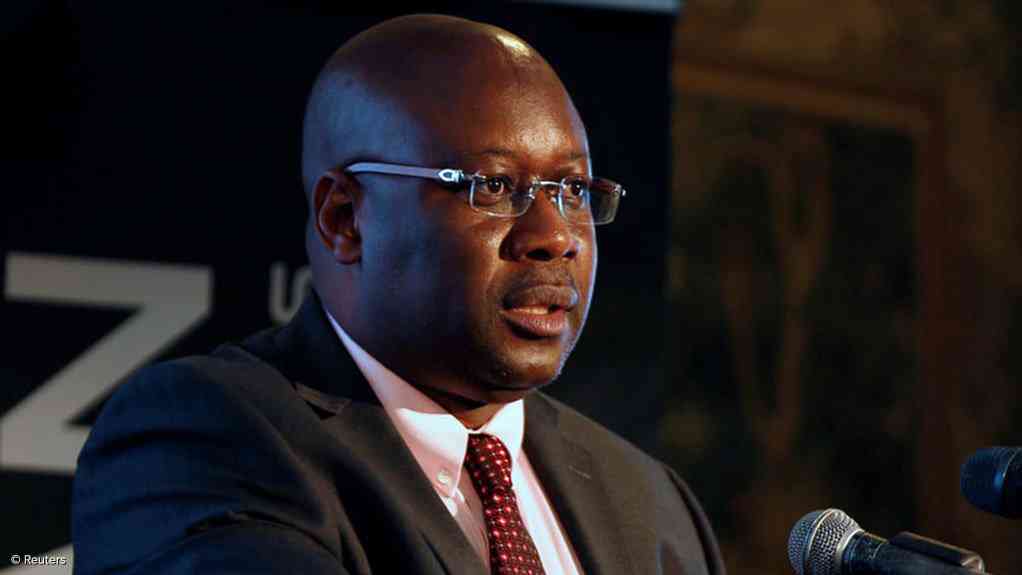
SINCE 2018, the government has been working to reform state-owned enterprises (SOEs) to restore their contribution to the gross domestic product (GDP) to the 40% level achieved in the 1990s. Additionally, the government is focused on revitalising the manufacturing sector, which is currently hampered by currency volatility, foreign currency shortages, power cuts, lack of credit lines, and rising input costs. In this interview, our business reporter, Tafadzwa Mhlanga (TM), sat down with Industry and Commerce minister Mangaliso Ndlovu (MN) to get an update on the government’s plans for SoE reform, among other issues. Below are the highlights of their discussion:
TM: The underperformance of SoEs has been a topical issue, with concerns raised about the quality of boards. What is your opinion?
MN: Well, to be frank, the government is doing a lot in that regard. You would know that we now have what we call, the Public Enterprise Corporate Governance Act, which provides a firm guideline on the minimum qualifications of a board member in a state-owned enterprise. For instance, without a degree, you cannot be a board member. And we understand that it is important to continuously train people.
No one will be a competent board member from day one unless you invest in training. We have got the corporate governance unit within the government that looks at these issues and that does induction for board members. I believe that it might not be adequate, but there is a bit of work that is being done.
There is a database that the government has created where somebody can just submit their resume. And when ministers, for instance, are appointing board members, they tap into that database. But, what is very important is if these are meeting minimum qualifications, then you should be able to train them.
TM: Why are most SOEs underperforming?
MN: Let us face it. I am yet to get evidence that the private sector has outperformed SoEs. My view is that we have had economic challenges because of sanctions, which cut across the private sector and SoEs. So, a lot of underperformances have been more on the side of the economic challenges that have been brought about by sanctions.
That said, though, there have also been visible governance challenges that have resulted in some SoEs not performing as best as they should. I remember that on a number of these issues, the government has been able to deal with them and make sure that they invest in improved performance. You know, state-owned enterprises have a certain dichotomy that has to be understood.
- Stop clinging to decaying state firms
- Pinjisi decision to quit music divides family
- Mixed reactions to police blitz
- The importance of parastatals
Keep Reading
Most of them were set up to provide specific services, but at the same time, expected to be self-sustaining.
So, it is how you create a balance between the two that can make or break that state-owned institution. The primary expectation from the government will be that you provide a service. I will give you the Zimbabwe United Passenger Company, for example.
They have to provide a service at some profit, but they were primarily set up to provide public transport, particularly in urban areas and they will be the first to be hit by any fluctuations in economic performance. It gives the impression that they are struggling, yet it is the understanding that they have to provide a service at a low profit for the benefit of the general public.
TM: The major concern is that some of the companies are marred by the debt crisis.
MN: For Cottco for instance, people do not know that the government has been a minority shareholder for a long time, yet we have been breathing life into Cottco. We did this only until we got to a point where we had to have a conversation about the shareholding to say, ‘but our contributions need to be reflected in the shareholding’.
TM: Can you share the details of the discussions?
MN: I am not too sure where that discussion is at the moment. These institutions have traditionally been heavily dependent on State resources, but our desire is to run them efficiently and independently. However, in most cases, there have been mixed reactions.
But the conversation on State-owned enterprises is very important. And for me, I applaud the decision that the government has taken to give them a particular focus, have them create a sovereign wealth fund so that we can see what they are contributing to the country through their contributions to the sovereign wealth fund. I look forward to a lot of progress under the Mutapa Investment Fund. That is my optimism around the SoEs going forward.
TM: We are seeing a decline in manufacturing sector production. How are you dealing with this as government?
MN: If I call the manufacturers here, they will disagree with you. Of course, we believe we can contribute a lot better. Our contribution to GDP has somewhat come down and there are many reasons for it.
You see, it is easy to grow your primary production because you are leveraging on mostly our natural endowments and our climatic conditions.
The moment we step into value addition where most countries compete, companies can get a different kind of protection depending on how other countries view the strategic importance of the sector.
That is why you will find that the greatest effects of the sanctions in this country have been felt in manufacturing in different ways. When you have the EU (European Union) putting restrictions on the entry of your products into their markets, which you have relied on for so long, it affects the sector so much. That is how the beef industry got affected.
So, we are looking at it to say how do we provide a response that will see the manufacturing sector go back to where it was?
Where it would contribute upwards of 20% to GDP, from the current levels of 10 to 12%.
The biggest issue that we will confront first is our cost of doing business. We believe that it is resulting in our products being more expensive in an economy that has got so much US dollars that all other countries in the region want, and they are dumping their products at times at lower prices than they are selling in their domestic markets because they simply want the US dollar.
TM: What is the impact of this?
MN: That slows down our recovery. But, if we are able to address competitiveness issues, if we are able to address the cost of doing business leading or resulting in lower cost of our products, we will see the demand for our products, domestically, going up. This will give them capacity to even produce much more at a larger scale and even cheaper from economies of scale, allowing them to then export.
So, this will be the first area of focus when we look at the cost of doing business.
Secondly, we will be looking at our various sectors of value chains that are critical to our economy to say which ones need saving from further decline? I believe our future has many products that we do not know as yet.
We are mining lithium, but we are not yet known for any lithium products. We are still doing and exporting them in raw form. I am quite optimistic that at some point we are going to find ways to value add out raw materials, especially when it comes to lithium.
TM: The Africa Continental Free Trade Area is now here.
NN: That is really our key driver. If we do not shape up, we will be shaken down. So, we need to rigorously address the ease and cost of doing business. We need to drive down the cost from regulations, statutory payments and other levies and taxes, but from a realistic point of view.
We also need to address electricity costs. Once we have done that, we will say now the ball is in your court, business play your part. We will be watching to say, we do not see any reason why your products cannot compete in Zimbabwe and the region.
TM: How can companies prepare for the Africa Continental Free Trade Area?
MN: So firstly, it is really to look at competitive advantage — the ability to produce quality products at reasonable costs that are competitive. When they do so, they then try and strengthen their value chains. They should be able to answer this question; what are their raw material sources? Well, if their raw materials are largely imported, it has an element of high risk because there may be limited benefits if they are importing from outside Africa.
So, I would encourage that they take a strong focus, a strong look at their value addition, see that we localise as much as possible.
They need to focus on the supply side of their raw materials so that they can produce cheaper and locally. My advice is they should focus on quality, where they get their raw materials and on the cost of doing business that will see our manufacturing sector survive.










